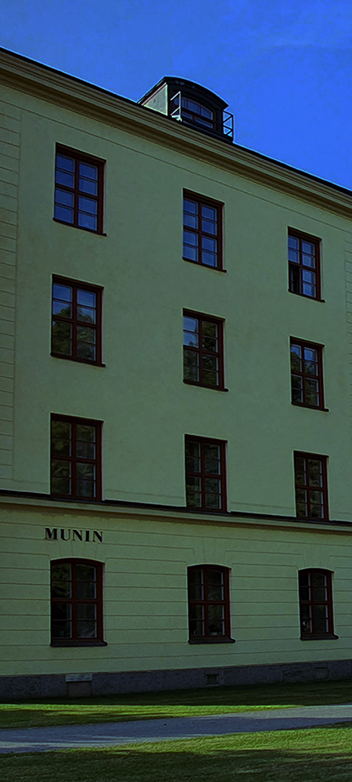- Members
- Global S W Docs
- Newsletter
- News
- Regions
- About Us
- Committees
IASSW was founded in 1928 at the First International Conference of Social Work, held in Paris. It was initially comprised of 51 schools, mostly in Europe, and was known as the International Committee. Revitalized after World War II, the organization expanded its membership to include a wider range of countries and was renamed the International Association of Schools of Social Work.
The office of IASSW is located in the office of the President, Annamaria Campanini at the Department of Sociology and Social Research University Milano Bicocca, Italy. IASSW is governed by the Board of Directors under a Constitution approved by the biennial General Assembly.
Issue- 29: Critical Perspectives about Service User Participation and Experiential Knowledge :
The International Association of Schools of Social Work (IASSW) is pleased to announce the release of Volume 29 of Social Dialogue magazine, titled “Critical Perspectives on Service User Participation and Experiential Knowledge.”
This volume features over 18 insightful presentations from educators and service users involved in the PowerUs project—an international network of teachers, researchers from schools of social work, and representatives from various service user organizations.
You can access the current and past volumes at: https://socialdialogue.online/.
IASSW opposes and condemns racism, discrimination, intolerance and violence in all its pernicious and evil forms, and condemns those governments, quasi-governments and individuals who perpetrate racism, discrimination and support intolerance and violence. We condemn racist acts and people or industries that make and sell the weapons and other equipment that allow terrorists to carry out their violent intentions. Our condemnation does not change according to country, race, ethnicity, religion, or other circumstance.
IASSW does support robust conversations undertaken in goodwill to address and resolve injustices around the world that have grown from years of oppression, colonialism, and religious and economic hegemony. The history of discrimination and oppression, however, cannot in any way justify contemporary violence and acts of terror and racism which can only perpetuate the oppressive cycle of violence, and do nothing to advance social justice or peace. The great religions of the world only advocate peaceful resolution of conflict and complaints. Social work educators also teach peaceful engagement for social justice in our classrooms, support it in our research, and are prepared to engage with anyone of goodwill who is interested in addressing and resolving historical or modern grievances with the goal of social justice and an end to racism and oppression in all its forms.


Follow us on